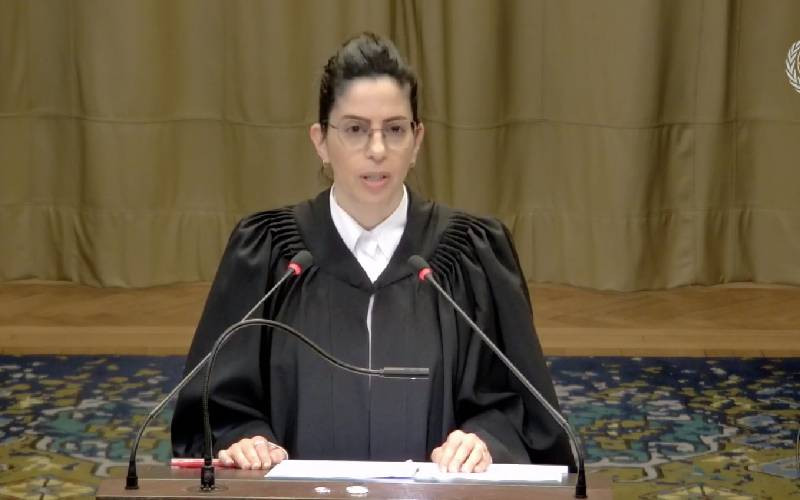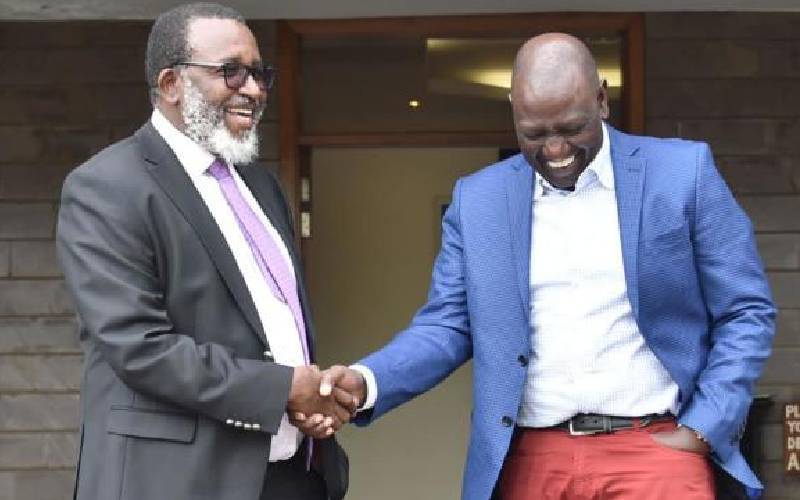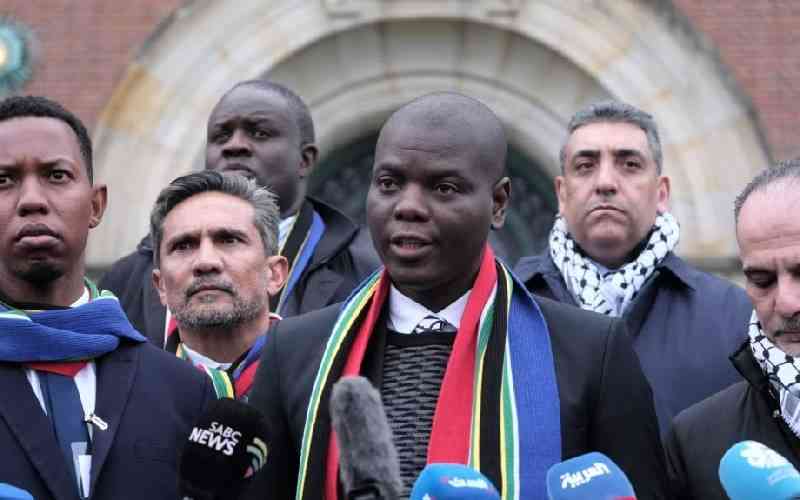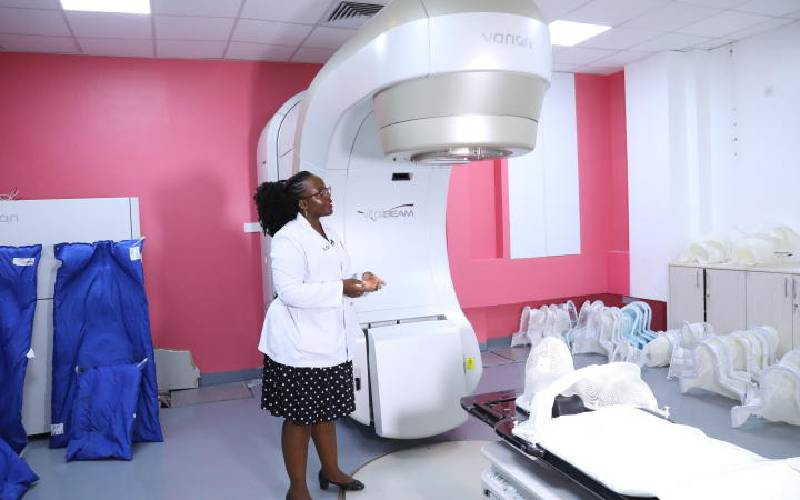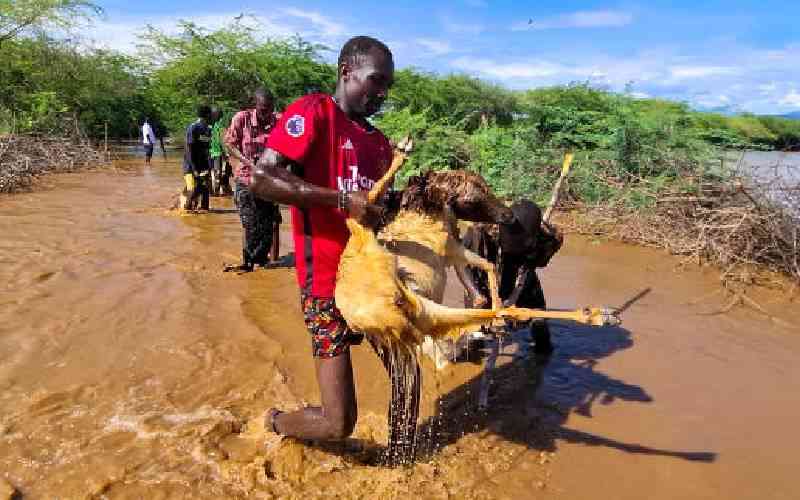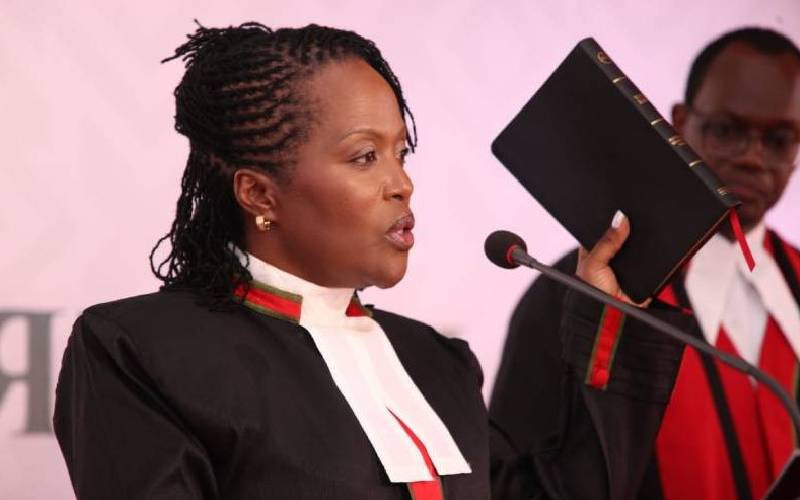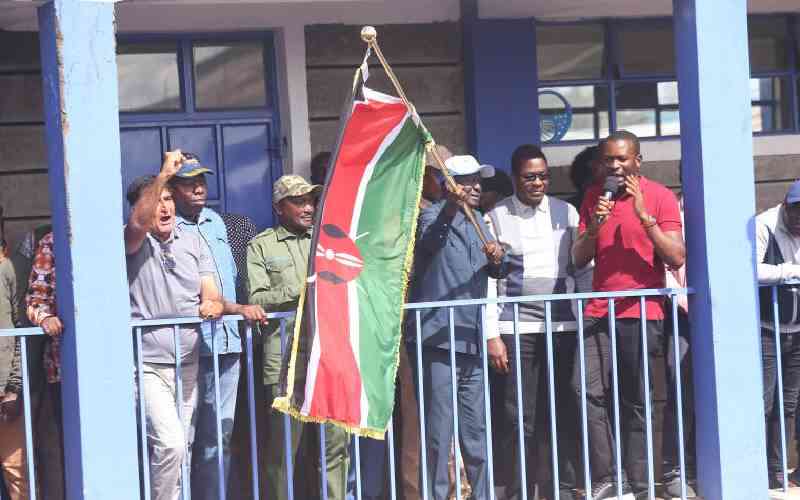Last week, International Criminal Court (ICC) Chief Prosecutor Fatou Bensouda withdrew criminal charges against President Uhuru Kenyatta, who, in his individual capacity, had been accused of crimes against humanity following the post-election violence of 2007/08 in which at least 1,000 people were killed, hundreds of thousands maimed and displaced and property destroyed.
Sweet as the news might be to Mr Kenyatta, and despite varying views, those who suffered the pain and loss in that period feel cheated by the decision given the fumbling by the ICC. But, in saying so, it does not mean that the ICC had to find Mr Kenyatta guilty even in the absence of evidence.
Is Kenya better because of the ICC? The answer is yes and no; Yes because there was little violence at the last electoral cycle. No because it poisoned the political debate.
The ICC question was a thorny issue in the lead-up to the election of Mr Kenyatta as the fourth President. The absence of an issue-driven electoral campaign was largely because of and not in spite of the ICC trials.
Lawyers argue that Ms Bensouda's withdrawal of charges does not amount to an acquittal for, if at a later date enough evidence is adduced to warrant a fresh accusation, the ICC could still call for the trial of Mr Kenyatta.
Yet despite that, Mr Kenyatta remains a free man except for the association through his deputy William Ruto, whose case of crimes against humanity is still on at the Hague-based court.
But while the case held, the President was seemingly distracted from his core duty of running the country. The news couldn't have come at a better time. Currently, Kenya is beset by a host of challenges that need the full attention of the country's Chief Executive.
First, Mr Kenyatta must now steer the country in the full knowledge that there will be no ICC in 2017 when the next election is called.
Yet despite the ICC case, Mr Kenyatta has had a relatively good start. He has shown a zeal to unite the country, which must be encouraged. He has demonstrated that he is no prisoner of any political camp. That is commendable.
What he needs to address now is the worrying insecurity and despondency among certain groups that feel left out of Government. Or that the rungs have been removed from the ladder of opportunity. Or those who view the glass as half-empty.
On insecurity, the President must stamp down his authority and protect the sovereignty of Kenya against constant attacks from Al-Shabaab insurgents.
While the reorganisation of the management of security agencies signalled this urge to change things, more bold steps are needed to assure Kenyans and visitors that they are safe.
He must ensure that the reform wagon, especially in the security sector, does not stall. Mr Kenyatta needs to deepen the reforms and build and protect institutions that act as a bulwark for our nascent democracy. Chief among them are the institutions that failed their duty in 2007/08, thereby leading to the reference of cases to the ICC.
More important than all of the above, he must work towards creating a free, fair and just society. The World Bank ranks Kenya as one of the most unequal societies in the world.
This is marked by the high levels of poverty despite Kenya being a land of plenty. One way of doing that is by ensuring equitable resource distribution. In jobs, land and vital Government services.
Stay informed. Subscribe to our newsletter
Should this be the case in 2017, Mr Kenyatta will have scored a victory not just for himself, but for all Kenyans.
 The Standard Group Plc is a
multi-media organization with investments in media platforms spanning newspaper
print operations, television, radio broadcasting, digital and online services. The
Standard Group is recognized as a leading multi-media house in Kenya with a key
influence in matters of national and international interest.
The Standard Group Plc is a
multi-media organization with investments in media platforms spanning newspaper
print operations, television, radio broadcasting, digital and online services. The
Standard Group is recognized as a leading multi-media house in Kenya with a key
influence in matters of national and international interest.
 The Standard Group Plc is a
multi-media organization with investments in media platforms spanning newspaper
print operations, television, radio broadcasting, digital and online services. The
Standard Group is recognized as a leading multi-media house in Kenya with a key
influence in matters of national and international interest.
The Standard Group Plc is a
multi-media organization with investments in media platforms spanning newspaper
print operations, television, radio broadcasting, digital and online services. The
Standard Group is recognized as a leading multi-media house in Kenya with a key
influence in matters of national and international interest.

